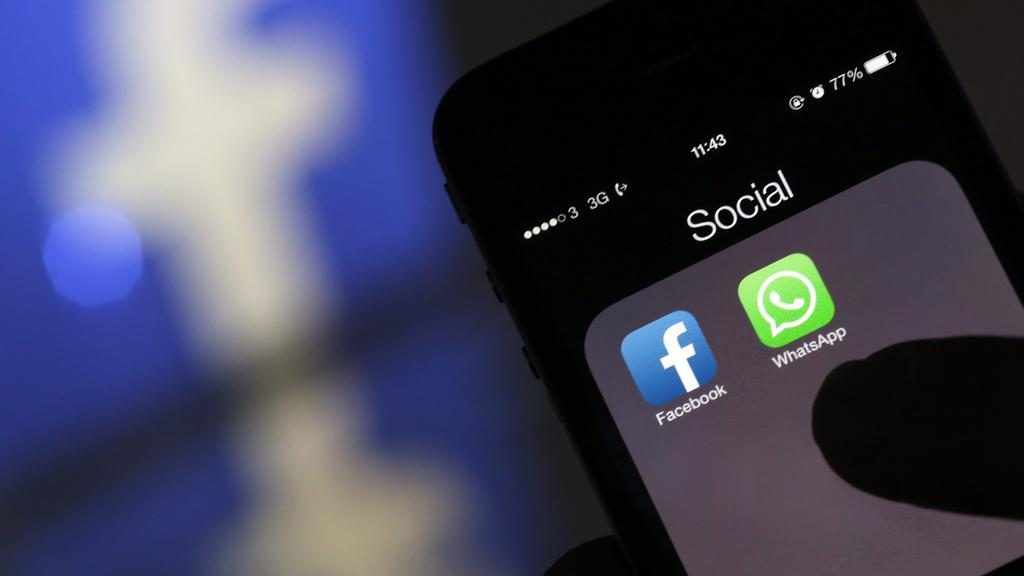Elif Shafak is right: Social media platforms are the 21st century’s Colosseum

The other day I watched as someone posted a fairly anodyne comment onto a social media platform. It was about a local survey of traffic schemes. A tonne of abuse erupted; some people started metaphorically dancing around the boxing ring, their linguistic fists bunched and at the ready. There was a strong sense that they were spoiling for a fight; mindfully, the original poster removed themselves from an arena they clearly didn’t want to be part of.
Soon after, I read Elif Shafak’s musings on “the alchemy of angst” and understood some of what was happening. She described the way we are now as follows: “In a world smothered by information but lacking wisdom, anger, born of pain, has become the defining emotion.”
Exactly.
Anger is now the defining emotion and it is preferred to anything else. Anger seems to indicate that we care. That we will do anything we can to make things better.
But it’s a false promise because the best way to start making things better is to listen to other people, to understand what they’re saying and then to argue politely and persuasively, while accepting that there’s a good chance you won’t agree.
Consider the situation that confronted that poster a short while ago.
They were trying to draw attention to a survey with a view to helping enough people respond as to make it truly worthwhile. They seemed to want to be honest (but not intemperate) about what their community thought about the new traffic schemes. Across the poster’s area, there had been criticism of some aspects and praise for it too. So, there was nothing wrong with expressing criticism of it.
But the response was unpleasant and didn’t get anyone any further forward on their evidently shared goals. Both the original poster and the social media pugilists seemed to want the same things – greener neighbourhoods; healthier, fitter people; fewer cars; less air pollution and happier communities. But the metaphorical pugilists wanted to posit the argument as cycles vs cars. It made for a lot of meaningless noise.
I honestly think that if we want to encourage, even prioritise cycling over the car, we have to literally reimagine how we live.
We can’t just take the existing width of road and declare that half of it is now for cyclists and the other half for all the rest of the considerable London traffic – heavy vehicles, great big lumbering buses, Chelsea tractors, long lines of cars, cabs, mini vans and so on.
A smarter way to deal with the situation would be to make parts of London off-limits to personal cars. And in order to provide for those who can’t or won’t cycle or walk and need motorised transport to get from A to B, mini-buses should play around each council area. London local authorities can institute borough-wide travel passes (free for people on welfare; fixed-price monthly or annually and with no limits on how many journeys are made at whatever time) for the mini-buses.
The people who would take mini-buses won’t necessarily be lazy or anti-cycling. They might be unwell or be carrying children or packages, or they might have a low-energy day, or hate walking in the rain, or whatever. Neither should we judge; nor would we probably be right anyway.
Unfortunately, it’s not possible, as I recently saw, to even start that argument on social media because people respond with extremes of emotion.
It is, as Ms Shafak says, “the Age of Angst” and “social media platforms have become the Colosseum of the twenty-first century. In these digital arenas – small and large, local and international – a new fight is staged almost every day, and though the contenders tend to change often, the language of loathing and mistrust remains constant. But whereas the ancient Romans were entertained by their brutal and bloody spectacles, we moderns are only made angrier by ours.”
She then discusses the etymology of the word “anger”. It comes from the Old Norse angr, she writes, which connotes distress, affliction, sorrow, agony, hurt. “Underlying the shouting matches and pervasive silences, driving them, is the simple truth that we are hurting,” she writes.
I think that’s very true. Unfortunately, the hurting only gets worse the louder one shouts.

